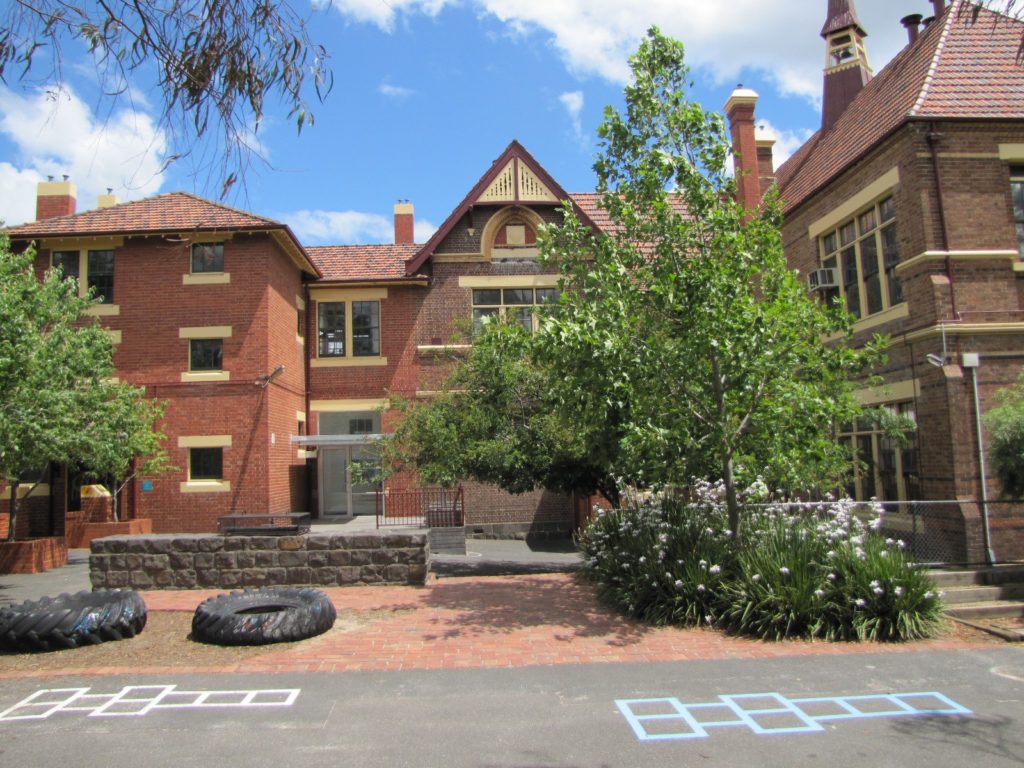IN THE MEDIA
Education is at the heart of tackling antisemitism
November 7, 2019 | Sharyn Mittelman

What more can be done to counter antisemitism at schools? That question reverberated around Australia this past month as many were shocked to hear of appalling antisemitic bullying.
These reports come amid a context of rising global antisemitism – this week marks the first anniversary of the Pittsburgh Massacre in which 11 Jewish people in a synagogue were murdered by a far-right extremist.
In NSW, the Jewish Board of Deputies noted that antisemitic cases in Sydney schools have almost doubled in the past 12 months. They include students posing for photos with their arms in the shape of a swastika with the caption “burn the Jews’’, and two primary school incidents where Jewish students had been racially abused.
In Victoria, a five-year-old boy at Hawthorn West Primary school was taunted about being circumcised and called a “Jewish cockroach” among other antisemitic comments, and a 12-year-old Jewish student at Cheltenham Secondary College was forced to kiss the feet of a Muslim student or face being beaten.
While that was shocking, even more disturbing were the inadequate responses from the schools. In the Victorian cases, the parents said the schools were unwilling to treat the incidents as antisemitic. In response, Victoria’s Education Minister James Merlino ordered a review into the way the schools handled these cases and federal Treasurer Josh Frydenberg called for lessons on the Holocaust to be included in the curriculum.
Education on the Holocaust is already included in Australia’s national curriculum for Year 10 history, which all states and territories are expected to use as their guide. However, only NSW has made teaching the Holocaust mandatory for year 9 and 10 history – in all other states and territories it is currently optional.
But even in NSW, research suggests all is not what it seems. According to Suzanne Rutland OAM, Professor Emerita and former Chair of the Department of Hebrew, Biblical & Jewish Studies at the University of Sydney, “Greg Keith, one of our doctoral students…has been conducting a research project into the teaching of the Holocaust in New South Wales. Seventy teachers answered his request to complete his on-line questionnaire… He has found that around 15 per cent of teachers/schools did not include the Holocaust in their teaching, despite being mandatory for Years 9 and 10 History.”
Jewish Holocaust Centre education director Lisa Phillips told me Holocaust education should be compulsory and could help counter antisemitism. She says, “It needs to be embedded in the curriculum for it to have context and meaning. We believe schools need to decide where it best suits their student cohort to learn about the Holocaust for it to become meaningful.”
She cautioned that “Holocaust education in isolation is not a panacea to prevent racism and prejudice” but added, “nonetheless it contains vital lessons to build the foundations of a more accepting and inclusive society. A visit to the Jewish Holocaust Centre can be the most powerful and memorable excursion experienced by the students in their school year, because they learn directly about the most vile horrors that came out of a racist ideology, as it was perpetrated on these elderly people standing before them. They learn how the Holocaust began with words and hopefully they make the link to the dangers of casual antisemitism and racism.”
Discussion on whether education on the Holocaust should become mandatory is timely given that Australia became a member of the International Holocaust Remembrance Alliance (IHRA) in June. As Foreign Minister Marise Payne explained in her media release, “The IHRA brings together governments and experts to combat Holocaust denial and antisemitism, and to share best practice on Holocaust education and remembrance. The IHRA also plays a key role in sharing information on early warning signs of present-day genocide.”
Education on the Holocaust may help counter antisemitism, but it has merit on its own – to teach valuable lessons about racism, mutual respect and democracy, which are increasingly important as survivors pass away and Holocaust denial becomes rampant. Given Holocaust education is already included in the national curriculum, all states and territories should be following NSW’s lead and make it mandatory, especially now that Australia is a member of the IHRA.





